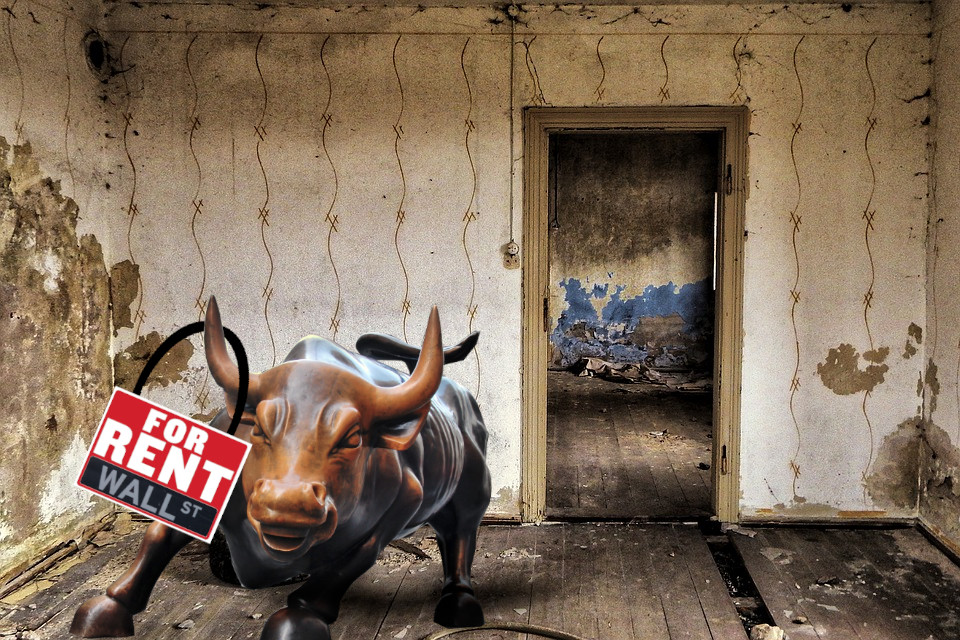
*Pixels of You* is a new young adult sf graphic novel, written by @ananthhirsh and @aidosaur and illustrated by @theyoungdoyler, published today by @ABRAMSbooks. It's a sweet, smart tale of art, bitterness, enmity and camaraderie.
abramsbooks.com/product/pixels… 1/
abramsbooks.com/product/pixels… 1/

*Pixels'* two protagonists are a pair of young women who have both won a coveted spot at an upscale photography gallery. 2/
Indira is the survivor of a wreck that orphaned her and led to one of her eyes being replaced with a digital camera; Fawn is a human-presenting AI whose robot "parents" sacrificed all to give her a skinsuit that lets her pass as a human. 3/
They begin the tale as rivals but when their bickering frustrates the gallery's mercurial owner, she orders them to collaborate on a graduate project, threatening to end their nascent art careers if they fail to produce work of merit. 4/
It's a fantastic setup for a buddy story, one where the irreconcilable is reconciled, where hate flips to love and back again, and where art is debated, created, destroyed and finally remade. 5/
Graphic novels are (unsurprisingly) great vehicles for stories about art. While painterly novels like Chaim Potok's *My Name is Asher Lev* and @StevenBrust's *The Sun, The Moon and the Stars* must approximate the visual with the literary, comics can skip that step entirely. 6/
It's partly why @scottmccloud's *Understanding Comics* remains a classic: using the visual to illustrate the visual is a natural and powerful technique. It's also why Disney's *Looking at Paintings* is such a superb book on art theory.
memex.craphound.com/2010/01/18/dis… 7/
memex.craphound.com/2010/01/18/dis… 7/
Comics aren't limited to tales of visual art; it's a great medium for any tale of art and artistry. Take @misscecil's memoir *Girl on Film*, variously a meditation on film, writing, rock-and-rolling, and the neurological basis for memory formation.
memex.craphound.com/2019/11/19/gir… 8/
memex.craphound.com/2019/11/19/gir… 8/
But comics about great visual art also present a unique challenge: while writers need not paint a great painting in order to evoke such a painting, a comic about great photography must feature images of great, striking photos. 9/
Here's where Doyle's work really shines. Their work captures lively posture and body language, and their composition evokes both the careful work of a carefully planned landscape and the lucky accidents of the perfect from-the-hip snap. 10/
You may be familiar with Doyle's work from their longrunning, successful crowdfunded series Knights-Errant. If so, you'll recognize their gift for character design and highly expressive, wordless panels.
kickstarter.com/projects/chrom… 11/
kickstarter.com/projects/chrom… 11/
I read my advance copy of *Pixels of You* with special interest, because Doyle and I are collaborating on a graphic novel adaptation of my novella *Unauthorized Bread*, which @01FirstSecond is publishing.
arstechnica.com/gaming/2020/01… 12/
arstechnica.com/gaming/2020/01… 12/
I was already excited about working with Doyle based on their solo work, but *Pixels* only increased my delight at the prospect of working on a book length project with them. 13/
ETA - If you'd like an unrolled version of this thread to read or share, here's a link to it on pluralistic.net, my surveillance-free, ad-free, tracker-free blog:
pluralistic.net/2022/02/08/wal…
pluralistic.net/2022/02/08/wal…
• • •
Missing some Tweet in this thread? You can try to
force a refresh









